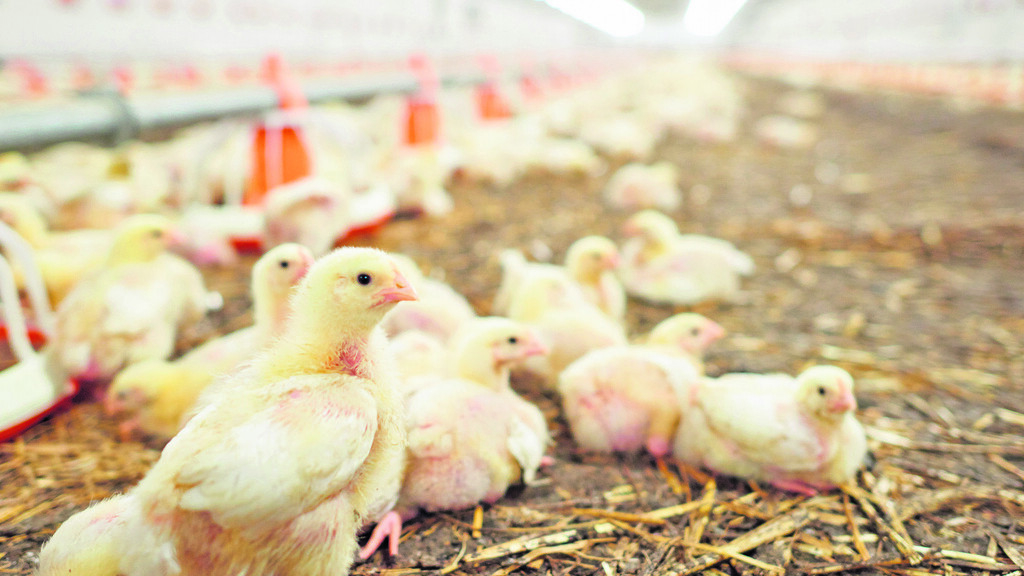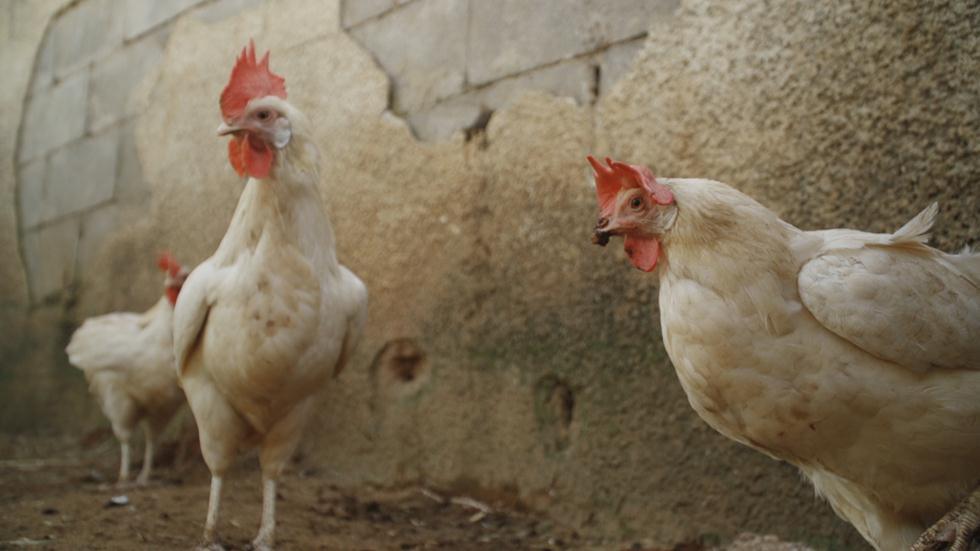Getting your Trinity Audio player ready...
A new collaboration between the Israeli Agricultural Research Organization (ARO) and NRS Poultry Sustainability & Transformation will soon spare billions of male chicks from being destroyed every year.
The global egg industry sees billions of unwanted male chicks hatched each year from the eggs of laying hens, which are immediately destroyed.
The new collaboration will provide genetic editing to prevent male poultry eggs from developing.
"I decided that we were going to try to find a solution to this problem,” said Dr. Yuval Cinnamon, an embryologist at ARO's Volcani Center and the head of the lab that came up with the idea.
“After thinking about how the problem could be solved, it was clear to me that the sex determination in poultry is genetic, and that is where the solution lies," Cinnamon said.
The solution that Cinnamon's team have been working on for the last four years involves a genetic change to that will see future generations of hens only laying eggs that hatch females.
The solution also eliminates the need to sort and destroy male chicks, one of the most challenging animal welfare problems in the market today.
The project was developed with the aid of Impact NRS, a U.S. company that seeks to improve nutrition security and animal welfare in agriculture, and its subsidiary NRS Poultry Sustainability & Transformation, which operates in Israel.
"It's a very complex process, with a global impact. NRS are the partners that create the whole shell that takes [our] technological development, and advances it in the commercialization process," said Cinnamon, who predicts method will be used in the market within 2-3 years.
Aside from solving the moral issue of animal welfare, the new method will also lead to annual industry savings of some $7 billion. It is also expected to decrease energy consumption in the incubation process by 50% and remove the need to dispose of millions of tons of dead chicks.
"Our vision is to bring humanity and sustainability to the world leading protein, said Eli Mor, CEO of NRS Agro Innovation. "The world population consumes 3 trillion eggs a year, when it would reach 4.5 trillion by 2035.
"The worldwide implement of the technology in the industry will stop the culling of billions of male chicks as well as save about $7 billion, by cutting down costs of incubation and sexing and also utilizes the vacant incubated areas into additional space used to increase production capacity to the point of doubling it," he said.



